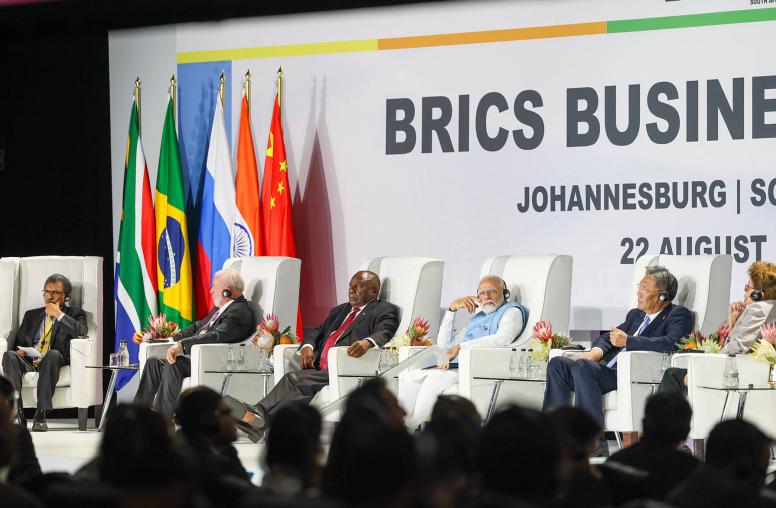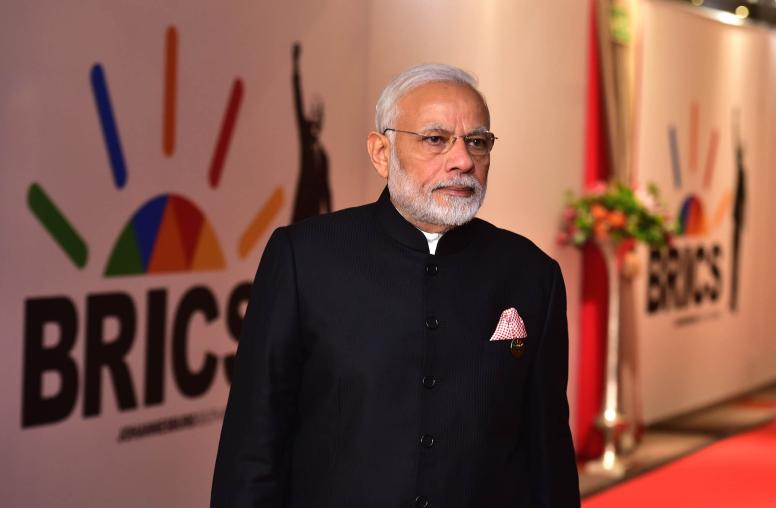Fragile But Intact: Understanding India and Pakistan’s Three-Year Ceasefire
On February 24, 2021, India and Pakistan announced a renewal of the ceasefire along the Line of Control (LoC) in Kashmir. Three years later, the ceasefire has become one of the longest-lasting in the countries’ 75-year shared history. However, Christopher Clary’s new USIP report, “The 2021 India-Pakistan Ceasefire: Origins, Prospects, and Lessons Learned,” argues that the ceasefire remains vulnerable to shocks from terrorist attacks, changes in leadership and shifting regional relations.
On March 8, USIP hosted a conversation on the LoC ceasefire that explored findings from this new USIP report, the factors that have helped keep the ceasefire in place, and what new regional dynamics could mean for its sustainability in the future.
Speakers
Christopher Clary
Associate Professor of Political Science, University of Albany
Happymon Jacob
Founder and Honorary Director, Council for Strategic and Defense Research
Asfandyar Mir
Senior Expert, South Asia, U.S. Institute of Peace
Tamanna Salikuddin, moderator
Director, South Asia Programs, U.S. Institute of Peace



